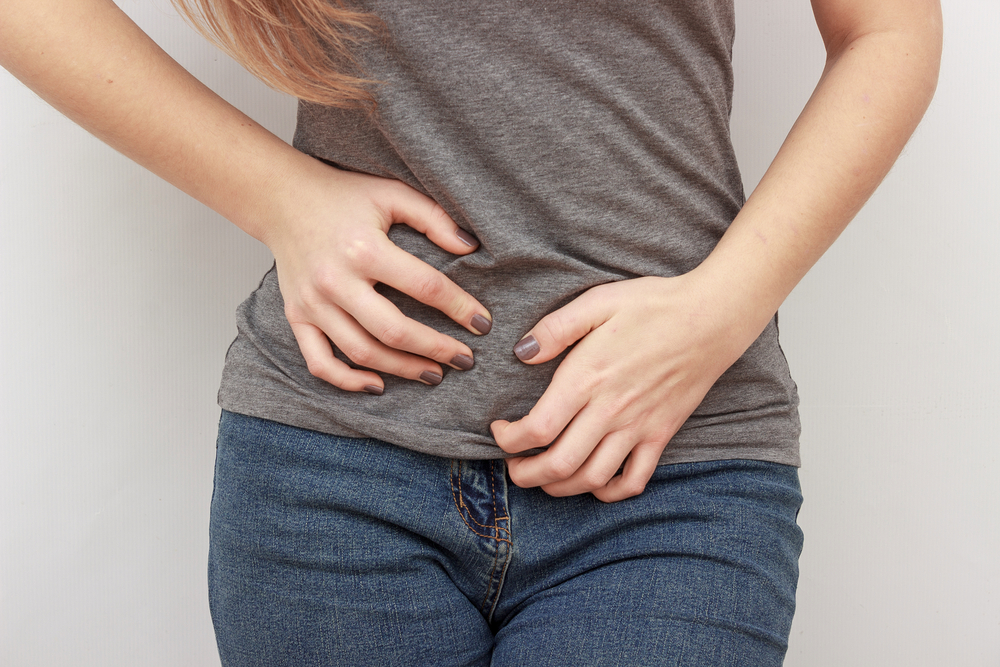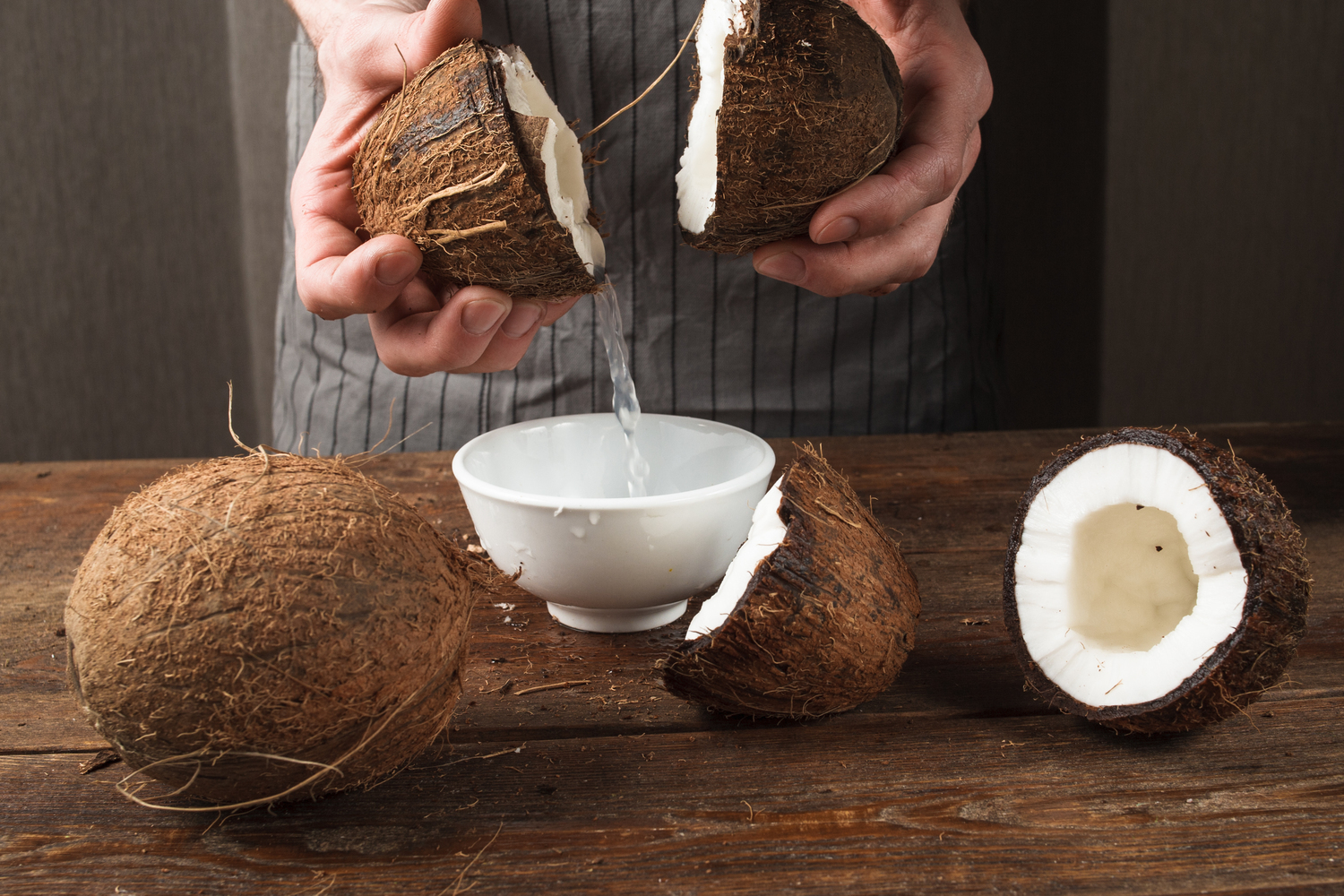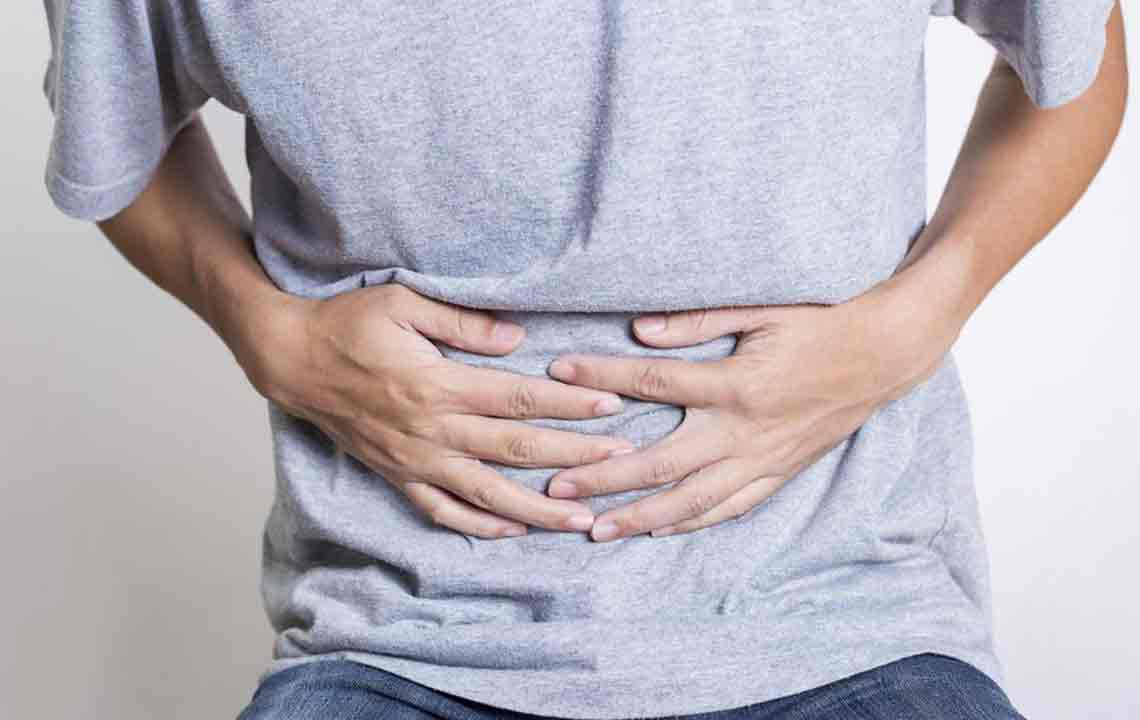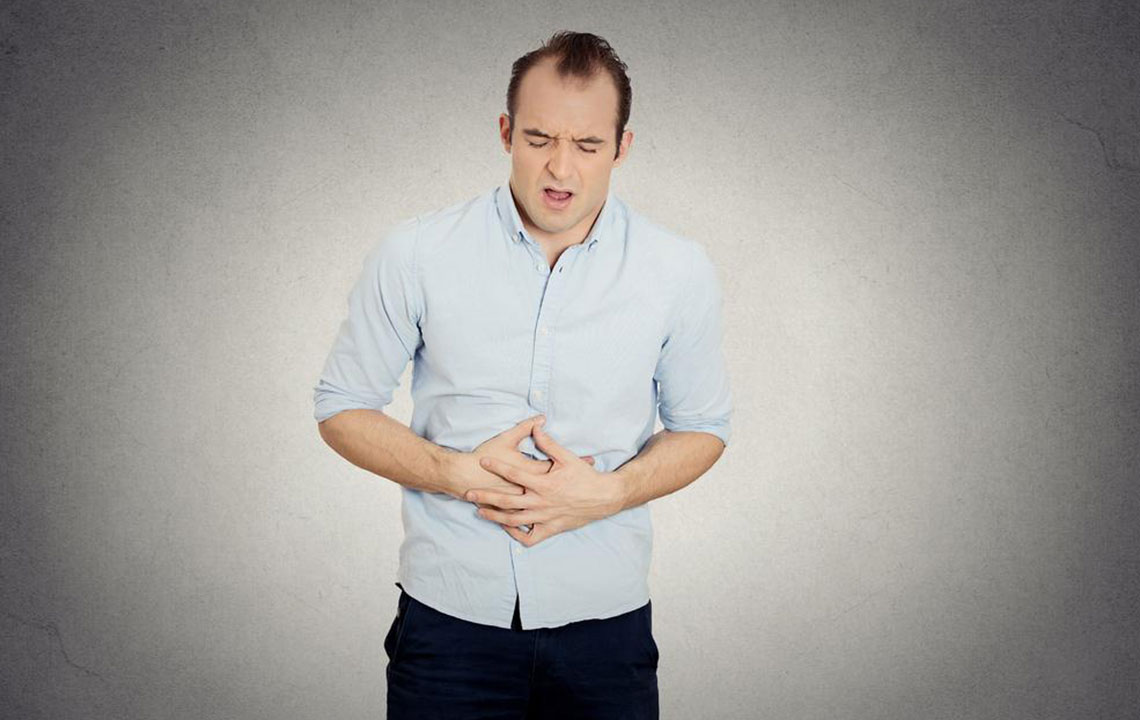Comprehensive Guide to Severe Diarrhea: Symptoms, Causes, and Effective Treatment Strategies
This comprehensive guide explores severe diarrhea, detailing its causes, symptoms, and effective home and medical treatments. It emphasizes the importance of timely response, proper diet, hydration, and medical consultation, offering valuable tips for quicker recovery and prevention of recurrence. Perfect for individuals seeking in-depth knowledge about gastrointestinal health issues.

Comprehensive Guide to Severe Diarrhea: Symptoms, Causes, and Effective Treatment Strategies
Severe diarrhea is a distressing condition that can significantly impact an individual's health and daily life. While mild diarrhea often resolves on its own within a day or two, severe cases require prompt attention and care. Understanding the underlying causes, recognizing the key symptoms, and knowing effective treatment options are vital for managing this condition effectively at home or seeking appropriate medical intervention.
Common Causes of Severe Diarrhea
Severe diarrhea is often caused by a range of factors, including infections, underlying health conditions, medications, and lifestyle choices. Recognizing these causes is critical for targeted treatment and prevention strategies.
Gastrointestinal infections such as bacterial, viral, or parasitic pathogens can quickly disrupt gut health.
Food poisoning due to contaminated food or water sources is a common trigger.
Food intolerances and allergies, especially to dairy or gluten, may induce severe gastrointestinal symptoms.
Chronic conditions like ulcerative colitis or Crohn’s disease compromise intestinal integrity, leading to persistent diarrhea.
Metabolic imbalances such as high blood sugar levels or diabetes mellitus may weaken immune defenses, making infections more likely.
When the body responds to medications, such as antibiotics or chemotherapy drugs, side effects can include gastrointestinal upset.
Hormonal disorders, notably hyperthyroidism, can accelerate digestive motility, resulting in diarrhea.
Cancer treatments like radiation therapy often affect the gastrointestinal lining, causing side effects including diarrhea.
Surgical procedures involving the intestines can alter normal function and induce digestive disturbances.
Malabsorption syndromes prevent proper nutrient absorption and can cause persistent diarrhea.
Excessive alcohol consumption damages mucosal lining and disrupts gut flora balance.
Laxative abuse or overdose can lead to frequent loose stools and dehydration.
Identifying symptoms that indicate severe diarrhea is essential for timely medical assistance. These symptoms include:
Persistent abdominal bloating and swelling that does not subside
Severe stomach cramps or pain
Passing very watery, thin, or loose stools frequently throughout the day
Strong urges to defecate, sometimes accompanied by urgency
Nausea and episodes of vomiting
Presence of blood, mucus, or pus in stool, indicating possible inflammation or bleeding
Unintended weight loss over a short period
High fever often signals infection or serious underlying issues needing immediate attention
Managing severe diarrhea effectively requires a combination of dietary adjustments, adequate hydration, rest, and, when necessary, medical intervention. Adopting proper care routines can accelerate recovery and prevent complications.
At home, certain dietary and lifestyle modifications can help soothe the gastrointestinal tract and promote healing:
Foods that can irritate the gut such as artificial sweeteners, spicy foods, berries, caffeine, alcohol, cabbage, chickpeas, corn, peas, peppers, prunes, and dairy products should be avoided until symptoms subside.
Opt for bland, easily digestible foods like mashed boiled bananas, plain white rice, simple toast, mashed potatoes, light chicken broth, boiled or baked chicken breast, and oatmeal. These foods help absorb excess fluid, bulk stool, and restore gut balance.
Stay well-hydrated by drinking plenty of fluids such as water, oral rehydration solutions, or electrolyte-rich beverages. Proper hydration is crucial in replacing lost fluids and electrolytes.
Medications such as bismuth subsalicylate (e.g., Pepto-Bismol) and loperamide (Imodium) can be used to reduce stool frequency and improve comfort, but should only be taken under medical supervision.
Incorporating probiotic-rich foods like yogurt, kefir, and ferment kimchi can help restore healthy gut bacteria, enhancing recovery.
Getting adequate rest allows the immune system to fight off infections and recover more efficiently.
It is vital to seek medical attention if symptoms persist beyond a couple of days, if there is significant blood in stool, a high fever, signs of dehydration, or unintentional weight loss. A healthcare professional can diagnose the underlying cause through tests and prescribe appropriate treatments, which may include antibiotics, anti-inflammatory drugs, or other medications tailored to the specific condition.
Long-term management of underlying health issues and lifestyle modifications can help prevent recurrence. For example, managing food allergies, controlling blood sugar, or treating chronic bowel diseases like ulcerative colitis are essential steps to reduce the chances of severe diarrhea episodes.
In conclusion, severe diarrhea is a complex condition that requires prompt recognition and appropriate treatment. By understanding its causes, symptoms, and management strategies, individuals can take control of their health, reduce discomfort, and recover faster. Maintaining a balanced diet, staying hydrated, and seeking professional medical advice when necessary are the cornerstones of effective care. Remember, early intervention enhances recovery chances and helps prevent complications associated with this gastrointestinal issue.





